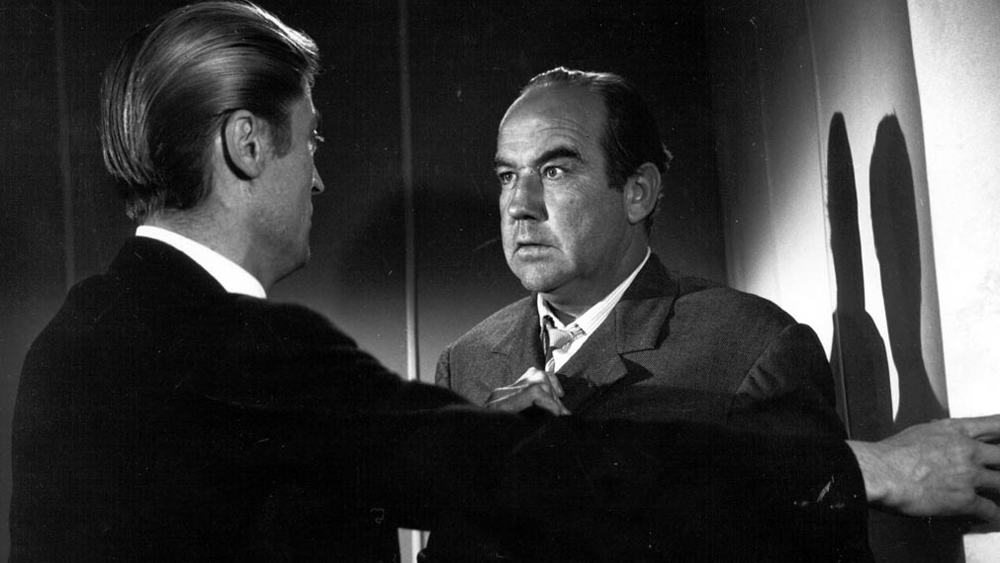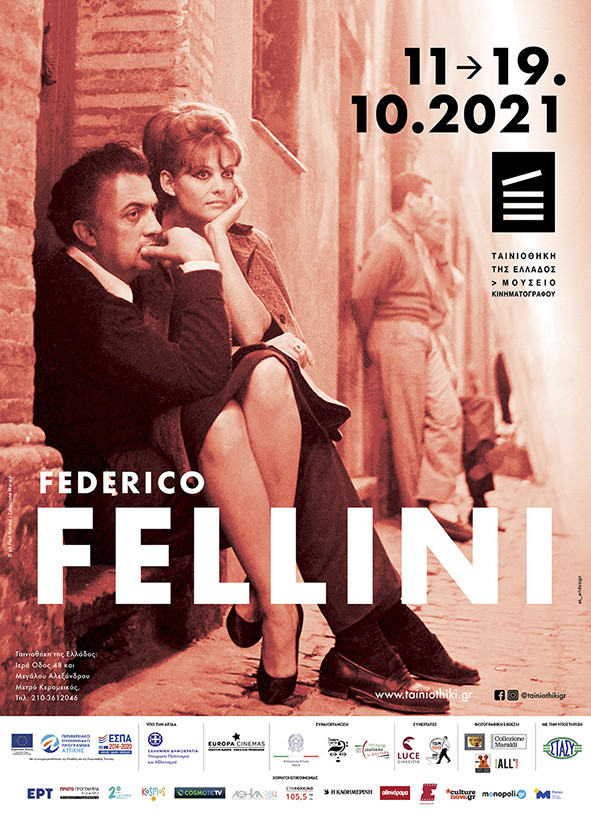
Three swindlers seize the savings of the poor, helpless and God-fearing provincial—with unfaltering orchestration: they unbury “sinful” treasures from their fields; they “cash in” on overdue housing applications; they retract “loans” by pawning wool over people’s eyes. They ruthlessly exploit their victims, yet at the same time, feel that their time is expiring. Contradictory feelings, draw them in directions, diverging from crime which “yields income”. The eldest, Augusto, wants to make amends with his daughter he has abandoned. The youngest, “Picasso”, to remain, with his faithful wife he found late in his swindling. Many consider, the director’s return to his (neo)realist roots, a backward step from the “Felliniesque” phantasmagoria of the future. Yet, no one else directed a microcosm of the laypeople in a social “noir” without passing judgement on any of its characters—showing such great warmth, vitality, humanity and compassion.




